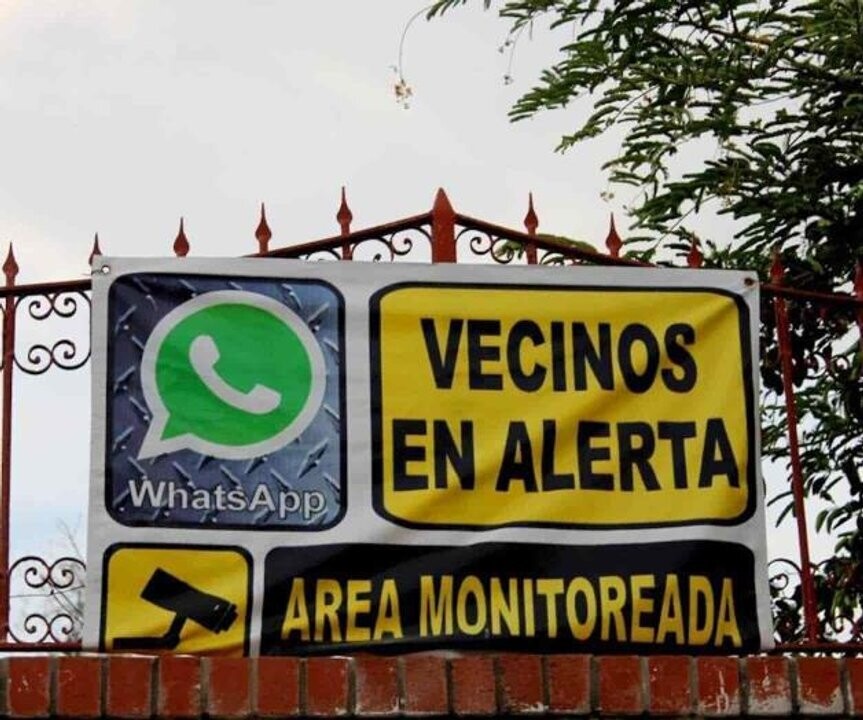
A study on the protection trends used by Argentines to combat insecurity found that nearly 60% of citizens trust in neighborhood surveillance. Neighborhood alarms and security systems with alarms are some of the most common initiatives adopted. The feeling of insecurity is one of the main concerns for Argentines, who implement various measures to ensure their safety.
"70% of respondents surveyed by CIO Investigaciones were victims of some type of crime in the last two years," reveals the study, which covers men and women aged 18 and over 46, residing in AMBA. Statistics back up this citizen fear, as the Buenos Aires Public Ministry reported that the homicide rate increased by 14.8% during 2023 compared to the previous year. Moreover, 31% of those who were victims of crimes had a security system in their homes or businesses, and a similar proportion admits to having contracted one after the incident (28%).
In this regard, the Latin American surveillance camera market is estimated at 3.03 million dollars in 2024 and is expected to reach 4.70 million dollars in 2029. Argentina stands out among the main markets due to the implementation of government plans, such as the Comprehensive Video Surveillance Plan that aims to monitor 75% of Buenos Aires.
The difference between a traditional security system and one with permanent monitoring is highlighted in the study, where it is shown that systems with permanent monitoring have been gaining popularity. Although a decline had been observed until 2022, data from 2023 indicates a worrying resurgence of criminality. The fear of insecurity or precaution have boosted the alarm business, where a leading company projects a 30% growth this year.
The study also revealed that, within every 100 alarm triggers, 90 are produced by errors or misuse by users. While 8% are false alerts due to technical issues and the remaining 2% are due to real events, such as attempted robberies or committed crimes. The differences in the perception of insecurity and care strategies are related to the socioeconomic level, where households in higher segments tend to have security systems, unlike those in lower levels where neighborhood surveillance is more common.
Additionally, the importance of an integrated and intelligent connected system is emphasized, where the participation of security experts allows for an immediate response to emergency situations. The role of security experts providing permanent care for homes or businesses is key in these systems, making them more popular than traditional ones.
In conclusion, the study highlights the importance of implementing security measures both in homes and in the daily lives of Argentines. From neighborhood alarms to security systems with permanent monitoring, each action contributes to generating a greater sense of safety in a context of growing concern about insecurity.














